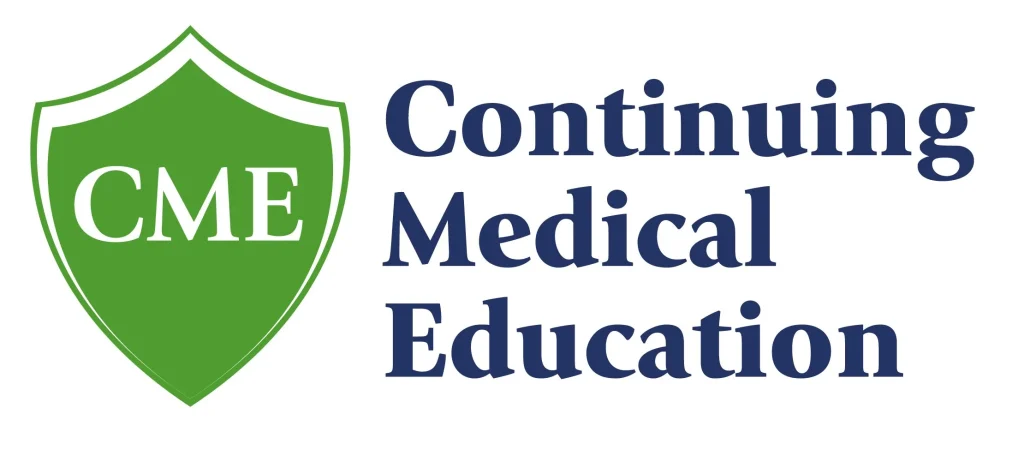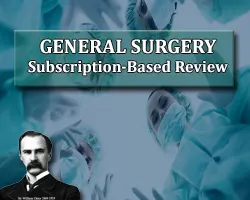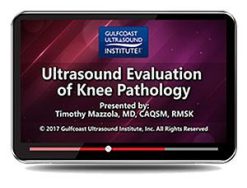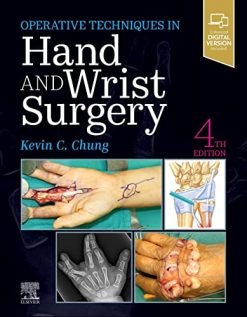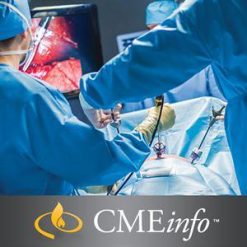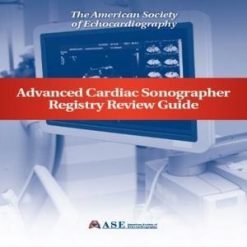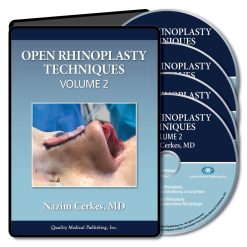The Osler General Surgery 2025 Subscription-Based Review
£42.0
The Osler General Surgery 2025 Subscription-Based Review
YOU WILL GET THE COURSE VIA LIFETIME DOWNLOAD LINK (FAST SPEED) AFTER PAYMENT
Include: videos pdf, size: GB
The Osler Institute recorded our Live Virtual Webinar, July 2025 comprehensive Surgery Review Course, and bring it to you! These Video files are stored “in the cloud,” allowing you to stream them anywhere, anytime, as long as you have an internet connection. You can watch or listen to them on your phone, computer, or tablet. As a result, the learning experience is almost like being at a live activity without travel costs and time away from your practice. In addition, each online review is a downloadable copy of the syllabus corresponding to the Video lectures for your use while viewing or as a free-standing study or clinical practice guide.
This comprehensive review will update your clinical knowledge base and help you pass your General Surgery ABS Qualifying exam and Continuous Certification (CC). Emphasis is on evidence-based medicine and board-relevant standards of care, incorporating current best practice concepts, surgical approaches, and clinical follow-up strategies. As a result, it provides a good review for your ABS Qualifying exam and a thorough general surgery review for physicians in practice. In addition, many previous learners have found the course provided them with improved diagnostic and planning strategies, a better understanding of the best surgical approaches for the principal areas covered by general surgeons, and helped them recognize areas of weakness for self-study.
Release Date: August 14, 2025
Estimated Time to Complete: 50 Hours
Objectives
After this review, each participant will be able to:
- Summarize the basic science fundamentals underlying patient management as applied to general surgery.
- Describe preoperative, operative, and postoperative patient care in the principal component areas of general surgery: specifical diseases of the head and neck, breast, skin and soft tissues, alimentary tract, abdomen, vascular system, endocrine system, comprehensive trauma management, and emergency operations, and critical surgical care.
- Discuss the principles of perioperative patient care in the surgical specialties of cardiothoracic surgery, pediatric surgery, and transplant surgery.
- Summarize the clinical care of patients with common problems in urology, gynecology, orthopedics, and burns.
- Demonstrate an understanding of tumor staging and describe the appropriate surgical and nonsurgical management required.
- Discuss non-operative management options for general surgery patients who may not require surgical intervention (e.g., patients with pancreatitis, portal hypertension, immunosuppression, multiple traumas).
- Outline the appropriate use of newer diagnostic and therapeutic methods such as laser-based applications; stereotactic breast biopsy; physiologic testing and evaluation of the GI tract; noninvasive vascular system diagnostic evaluation and invasive vascular interventional techniques; ultrasonography of the head and neck, breast, and abdomen; and endorectal ultrasound.
Topics:
Gregory York, MD, FACS†
Head and Neck Trauma
Thoracic Trauma
Abdominal and Pelvic Trauma I and II
Pulmonary Critical Care
Nutrition and Metabolism
Cardiac Critical Care
Preoperative Evaluation and Perioperative Care
Fluids, Electrolytes and Acid-Base
Infection and Antimicrobial Therapy
Andrew Wu, MD, FACS, FASMBS
Minimally Invasive and Metabolic Surgery
Stomach and Duodenum – Malignant Disorders
Gynecologic and GU Surgery
Sandip Maru, MD, FACS, RPVI
Aortic and Carotid Disorders
Peripheral Arterial Disease
Venous and Thromboembolic Disorders
Aaron Chevinsky, MD, MBA, FACS
Pancreas – Benign and Malignant Disorders
Skin and Melanoma
Breast – Benign Disorders
Breast-Malignant Disorders
Sarcoma
Marc Lessin, MD, JD
Pediatric Trauma and Emergencies
Pediatric Tumors
Congenital GI Disorders
Ethics and Palliative Care Medicine
Laura Crankshaw, MD
Burn and inhalation Injuries
Shock and Multiple Organ Failure
Ryan Griffith, MD, FACS
Adrenal Surgery
Transfusion and Disorders of Coagulation
Nikolai Bildzukewicz, MD, FACS
Esophageal Disorders – Benign and Malignant
Gastrointestinal Bleeding
Stomach and Duodenum – Benign Disorders
Hepatobiliary Portal Hypertension I and II
Syed S. Razi, MD
Mediastinum and Chest Wall Disorders
Pulmonary Surgery: Benign and Malignant
Jasneet Bhullar, MD, MS, FACS, FASCRS
Abdominal Wall and Hernias
Multiple Endocrine Neoplasia
Oncology and Tumor Biology
Immunology and Transplantation
Louis Portugal, MD, FACS
Head and Neck Surgery I and II
Thyroid Surgery
Parathyroid Surgery
Peter I. Tsai, MD, FACS
Cardiac Surgery: Adult and Pediatric
Cory Barrat, MD, FACS, FASCRS
Anorectal and Colorectal – Benign Disorders
Anorectal and Colorectal-Malignant Disorders
Small Bowel and Spleen
Paras Khandhar, MD, FAAP
Evidence-Based Medicine (EBM)
Patient Safety, Quality Improvement, Ethics, Professionalism, and Credentialing
